Plastics Extrusion and Molding Greenhouse Gas Emissions Reporting Guidance
RMI’s Plastics Extrusion and Molding Greenhouse Gas Emissions Reporting Guidance…
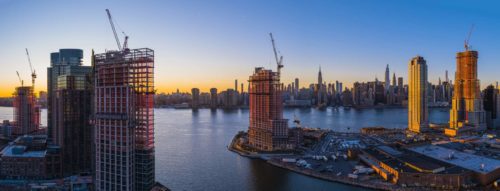
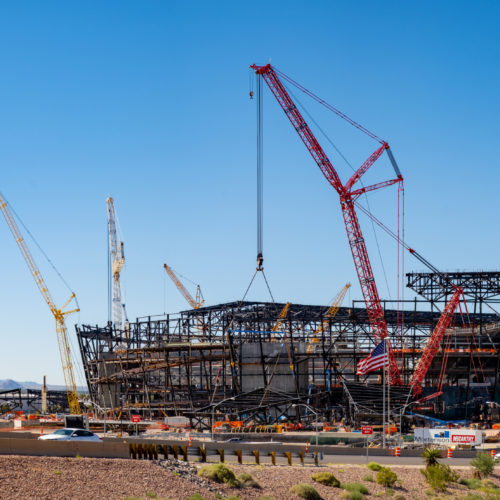
Embodied carbon is the sum of all greenhouse gas emissions released during the lifecycle of materials, including extraction, manufacturing, transport, construction, and disposal. Embodied carbon emissions from buildings account for 11 percent of annual climate-warming GHG emissions globally.
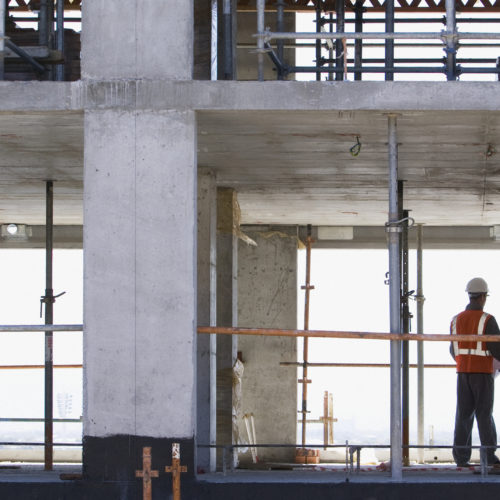
Most of a building’s lifetime GHG emissions occur before anyone occupies it. Understanding the embodied carbon of building materials is crucial for designing and constructing buildings with materials that don’t cancel out the climate gains made by operational efficiency improvements in recent decades. We can ensure every building is part of the climate solution through circular and efficient design, improved material manufacturing and reuse, and policies that create market demand for low-embodied carbon and carbon-storing concrete, steel, insulation, and other materials.
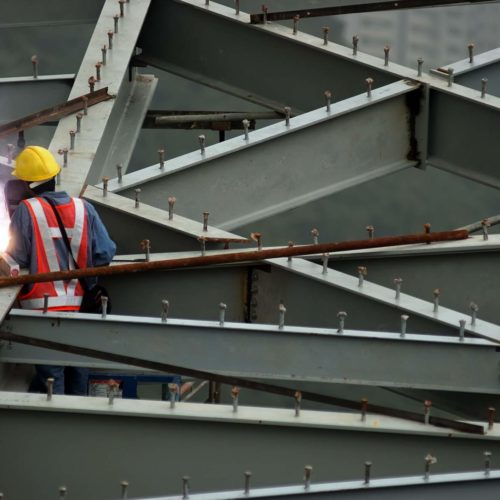
RMI’s Embodied Carbon Initiative has played an instrumental role in guiding the building industry and government agencies on measuring and reducing embodied carbon emissions in line with global climate targets. We are changing how builders build, increasing corporate investment in embodied carbon, and enacting policies to create greater transparency, demand, and adoption of high-performance materials that are cost-effective, abundant, and good for the climate.


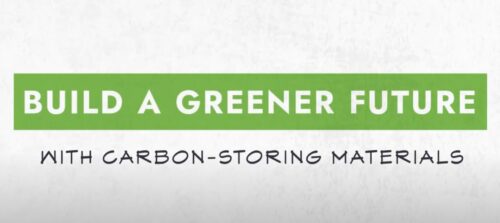
RMI’s Plastics Extrusion and Molding Greenhouse Gas Emissions Reporting Guidance…
Report
Report
Toolkit
Report
Article
Article
Article
Procurement Brief
Blog
Blog
Report
Report
Blog